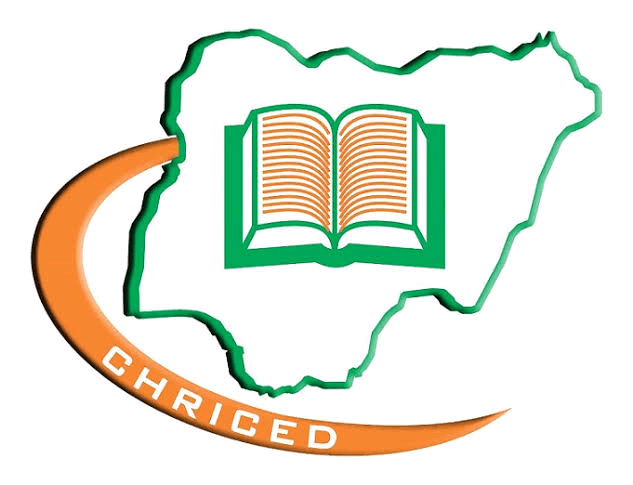By Hussaini Ibrahim Sulaiman
The Resource Centre for Human Rights and Civic Education (CHRICED) has tasked civil society organizations (CSOs) and the media to intensify advocacy and pressure the Kano State Government to fully implement the Free Maternal and Child Healthcare (FMNCH) Law, which was enacted in 2023.
CHRICED made the call on Thursday during a one-day workshop held at the Mambayya House Centre for Democratic Studies in Kano, aimed at building the capacity of CSOs and media actors to promote democratic accountability and improve health outcomes for women and children in the state.
Delivering a message on behalf of the Executive Director of CHRICED, Comrade Dr. Ibrahim M. Zikirullahi, Board Member Nafisa Ado said that despite the FMNCH Law’s promise of free antenatal and postnatal care, emergency obstetric services, and healthcare for children under five, its implementation remains stalled.
“Two years later, there is still no operational plan, strategic framework, or functioning consultative council to guide enforcement,” Ado said. “These heartbreaking statistics reflect the failure to deliver essential, life-saving services to women and children in Kano.”
According to data from the Kano State Surveillance for Evidence and Policy (KASSEP), maternal mortality in the state is 576 per 100,000 live births, while neonatal mortality stands at 59 per 1,000 live births—both above national and global averages.
Ado urged CSOs and journalists to serve as watchdogs and bridges between government policy and actual service delivery, by raising public awareness, tracking health indicators, and holding officials accountable.
“The workshop was designed to equip participants with practical tools for data-driven advocacy, strategic communication, and grassroots engagement,” she noted.
Also speaking, Dr. Hafsat Yakasai of Bayero University, Kano, emphasized the critical role CSOs and community-based organizations (CBOs) play in mobilizing communities, advocating for funding, and educating citizens—particularly women and youth—on their healthcare rights.
She noted that barriers such as weak regulatory frameworks, poor funding, and mistrust among stakeholders hamper progress, and called for sustained community engagement and policy transparency.
In another session, Dr. Rukkya Yusif Aliyu, also of Bayero University, trained participants on health-sensitive reporting. She defined it as ethically responsible journalism that prioritizes issues affecting vulnerable populations, particularly women and children.
“Media coverage should help the public understand and adopt positive health behaviors like antenatal care, institutional delivery, exclusive breastfeeding, and immunization,” she said.
CHRICED also acknowledged the support of its development partner, MISEREOR-KZE of Germany, for funding its ongoing campaign to improve maternal and child health across Nigeria.
The organization concluded by calling on all relevant stakeholders—particularly the media and CSOs—to unite and demand full enforcement of the FMNCH Law to ensure no woman dies while giving life and that every child in Kano has a chance to survive and thrive.
